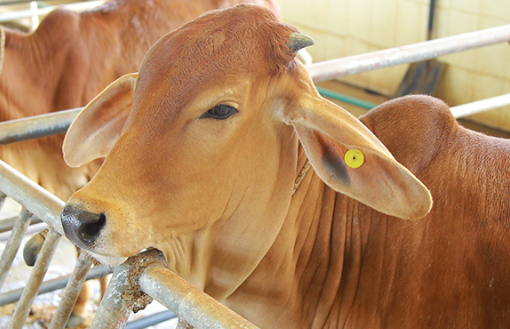Major parts in Paschimanchal districts are rain-fed mono-cropped. MatirShristiaims to develop fallow mono-cropped land for multiple crops through creation of irrigation infrastructure. Depending on th...
Paschimanchal districts have scope for surface water based irrigation systems like check dam, water detention structures, farm ponds etcincluding solar energy based lifting devices which is being prom...
Horticulture is the science and art of growing, improving, marketing, and using food and ornamental plants. It can have many benefits; including horticulture can provide high yields, returns, and empl...
The rural landscape is increasingly going to see increased use of farm implements. A mechanized method of land preparation eliminates the need for labour in hard lateritic soil in Pashchimanchal distr...
People can transform any poor and infertile piece of land into a fish pond and earn money. In water scarce areas of Paschimanchal districts there is huge opportunity for rearing of air-breathing fish ...
Dry climate of Paschimanchal districts is very conducing for animal rearing, especially indigenous species, since incidence of foot and mouth diseases is much less. Forward linkages can easily be esta...
WHAT'S CURRENT
MatirShristi was launched in May, 2020 by Hon’ble Chief Minister to make use of the fallow land lying idle in six Paschimanchal districts of West Bengal. The overall objective of the programme is to increase income of small and marginal land owners and reduce their vulnerability. This is being achieved by creating irrigation structures and opt for climate resilient livelihood options related to agriculture, horticulture, pisciculture, animal resources etc.
As the initial step, owners of land are organised under the Registration of Societies Act which provides a robust platform for weaving various inputs in a sustainable manner. This also helps in bringing convergence in the grass-root interventions of various departments. As the farmers’ groups mature, they are organised as Farmers’ Producers Organisations (FPO) which facilitates the expanding role of farmers as members of an integrated farming enterprise.
An intensive exercise has been recently started to take up Matir Shristi related interventions on ryati land. A three tier institutional structure has been created in the districts to identify clusters and build micro-plans on fallow land.







